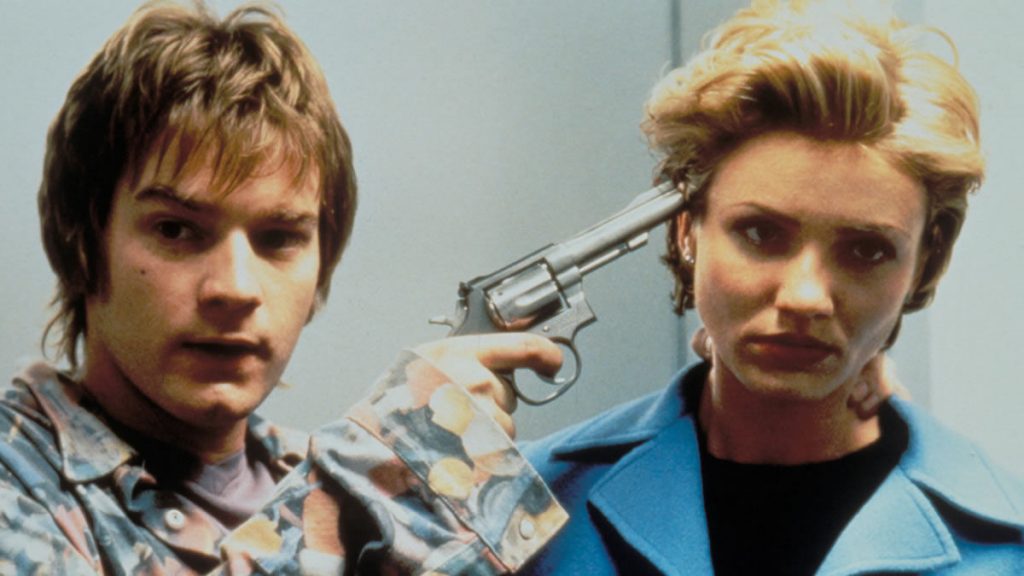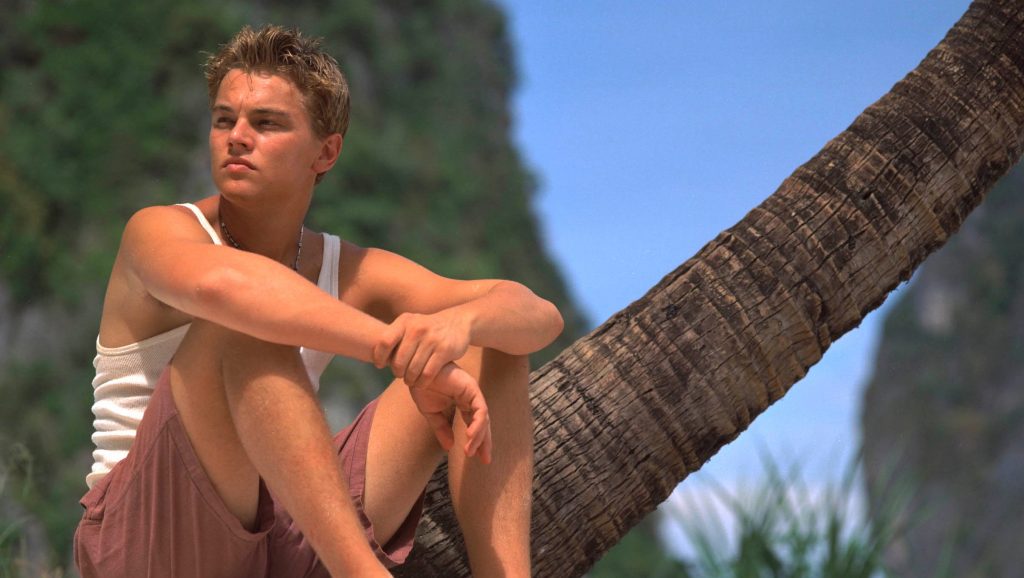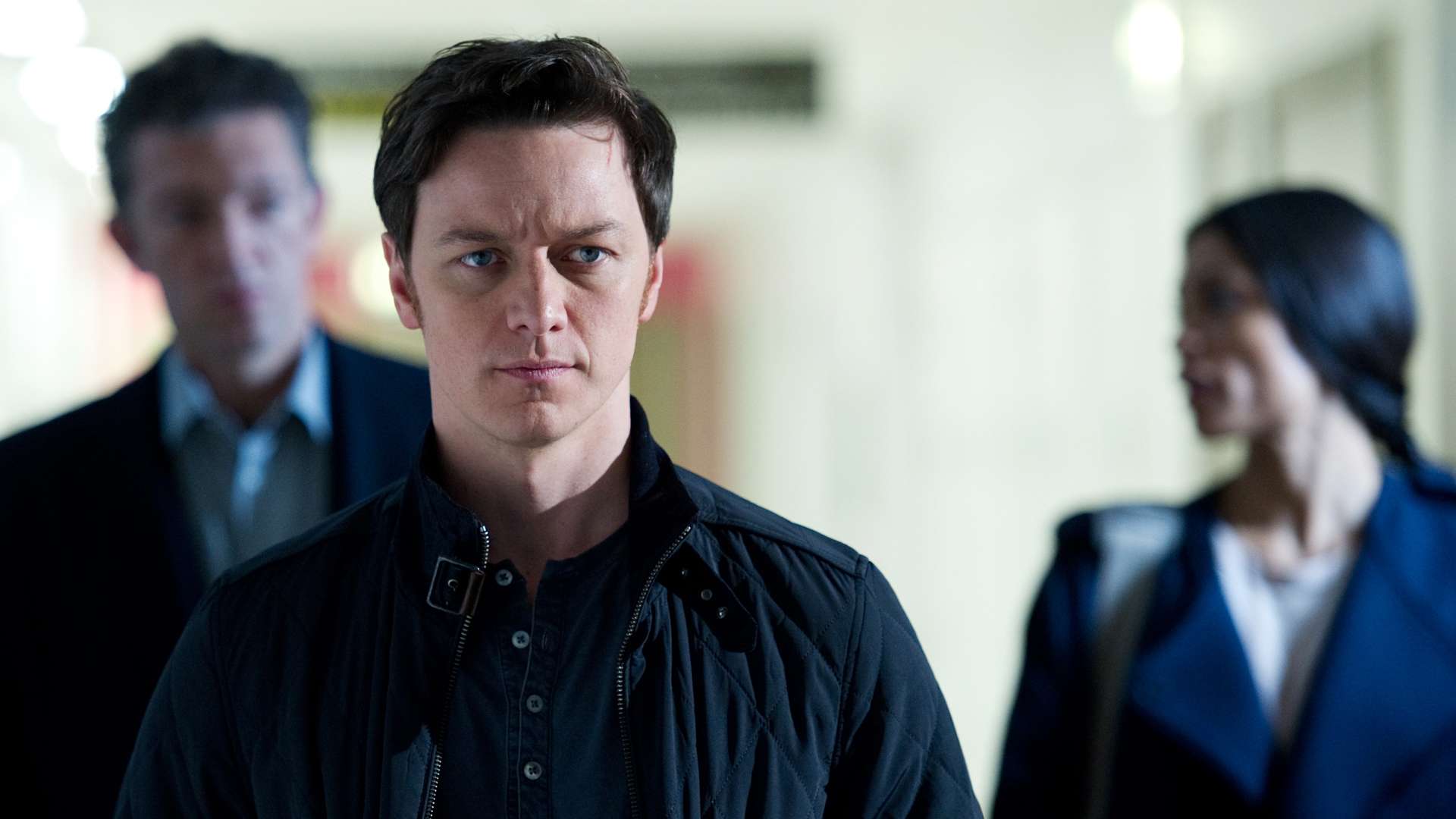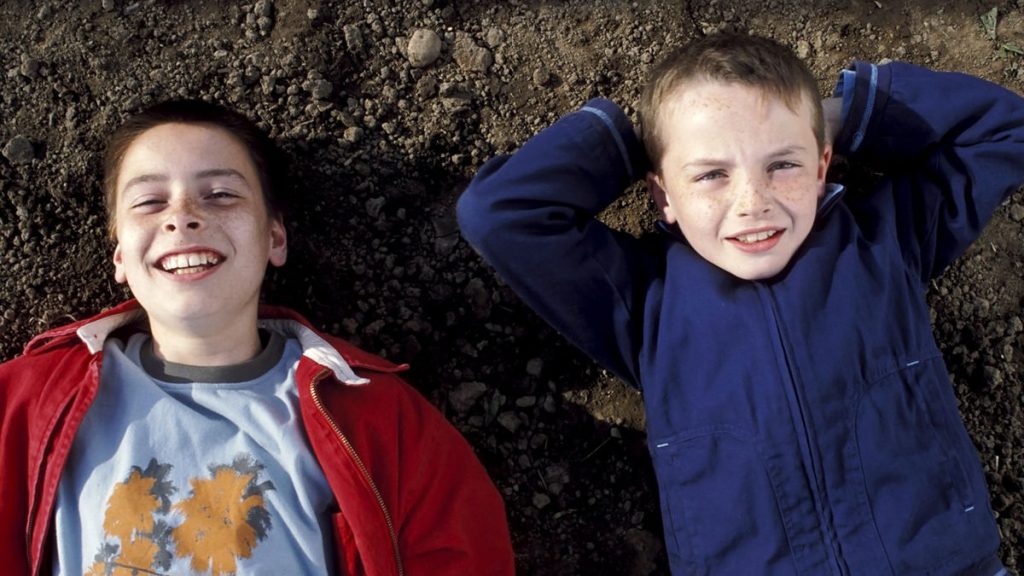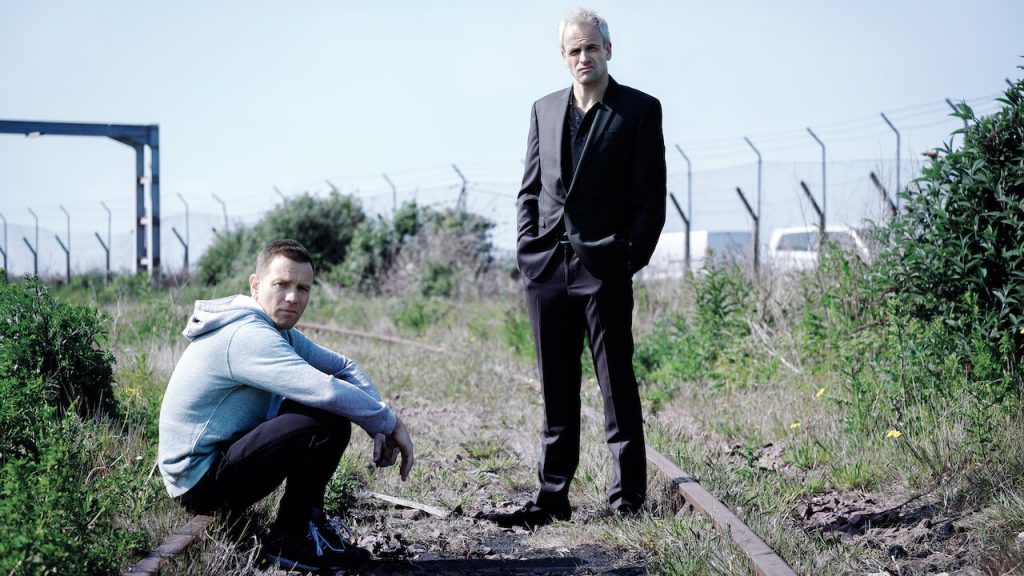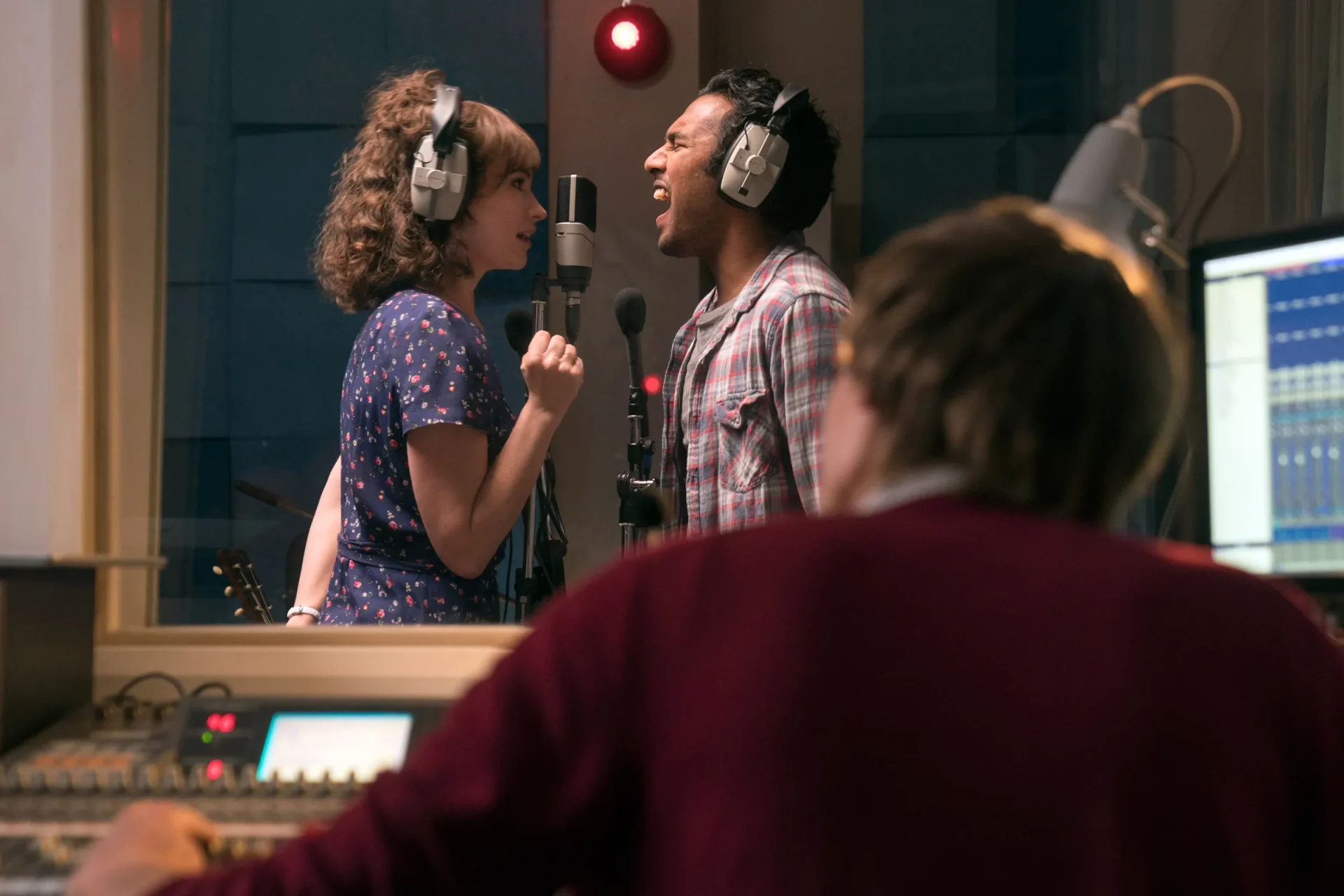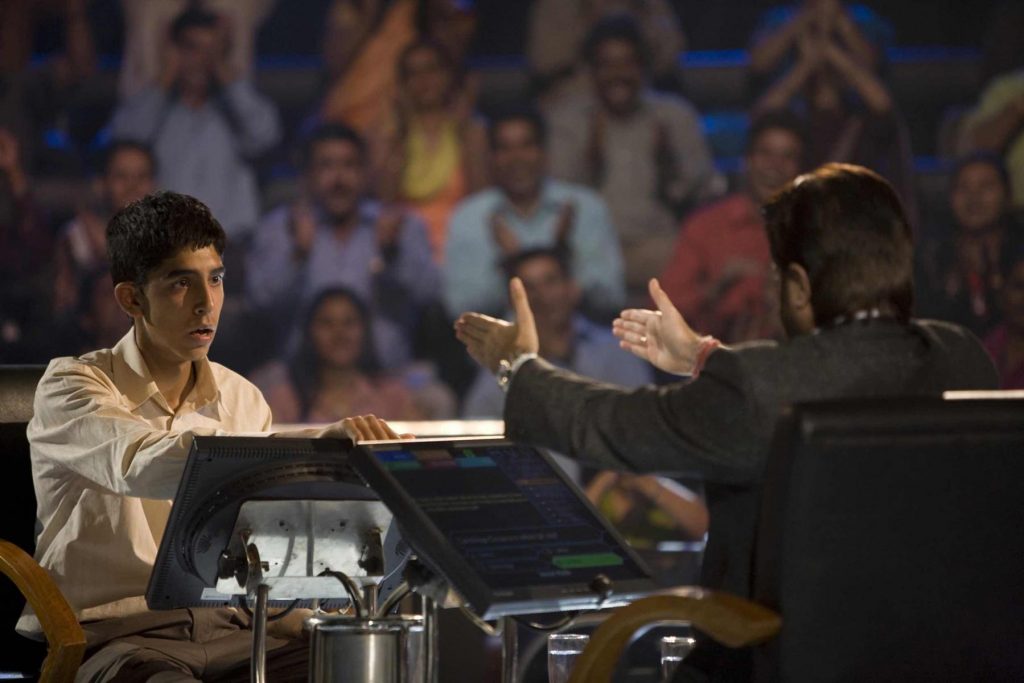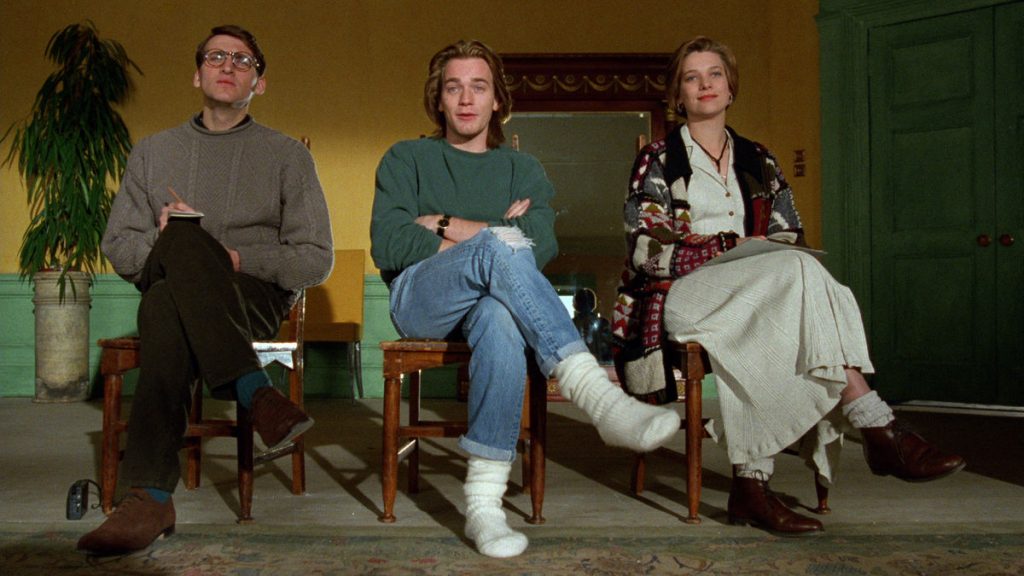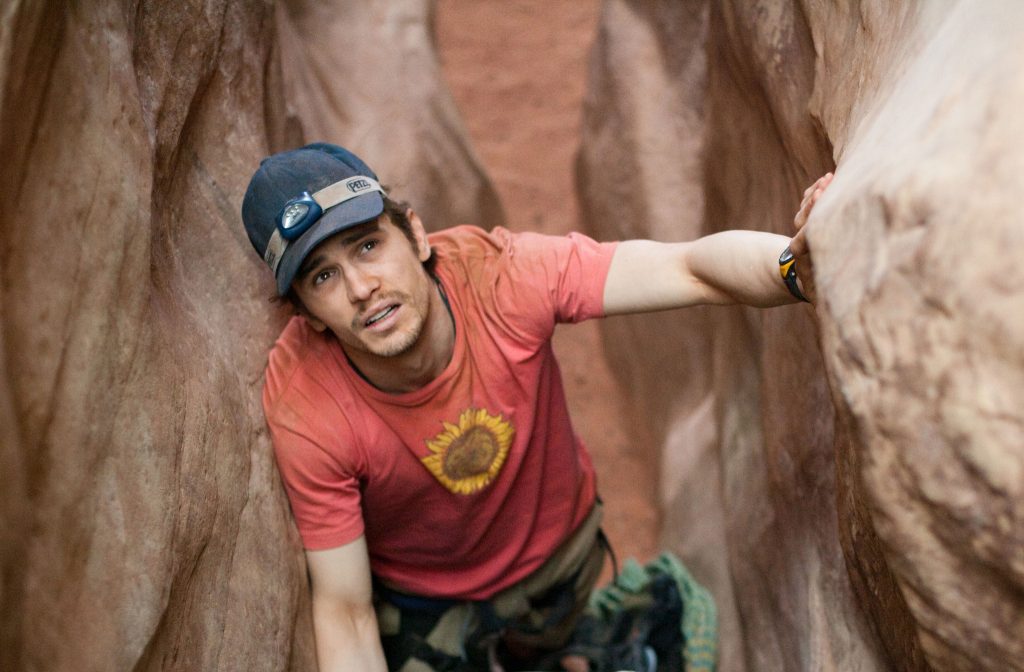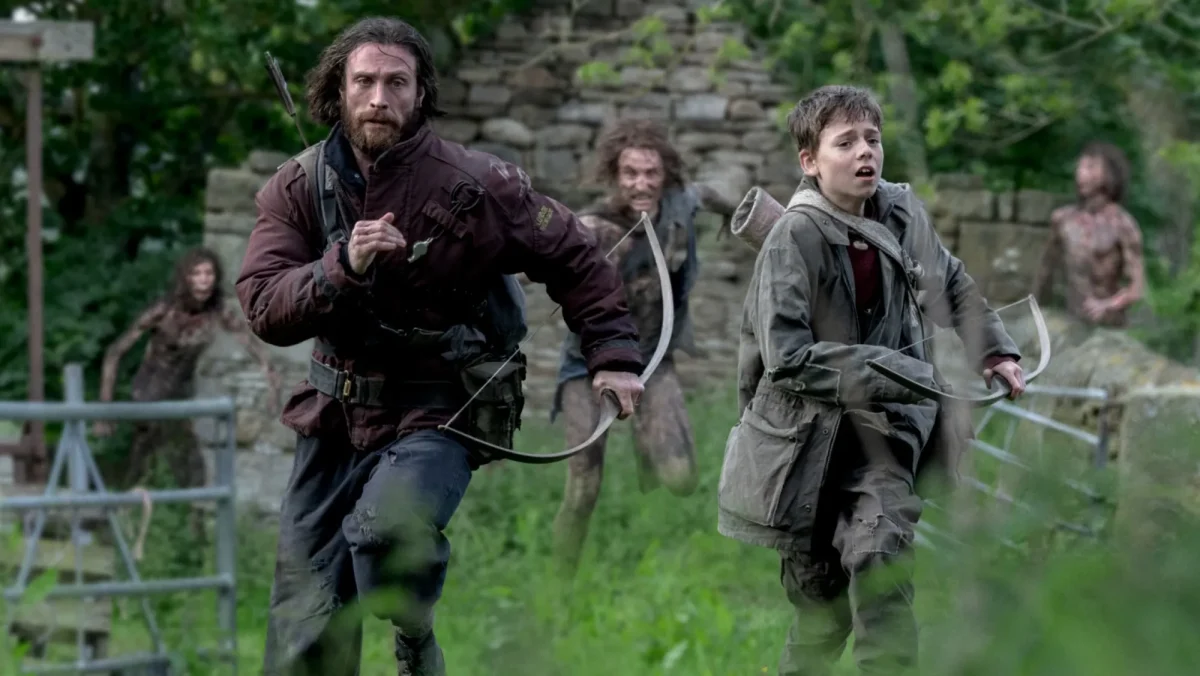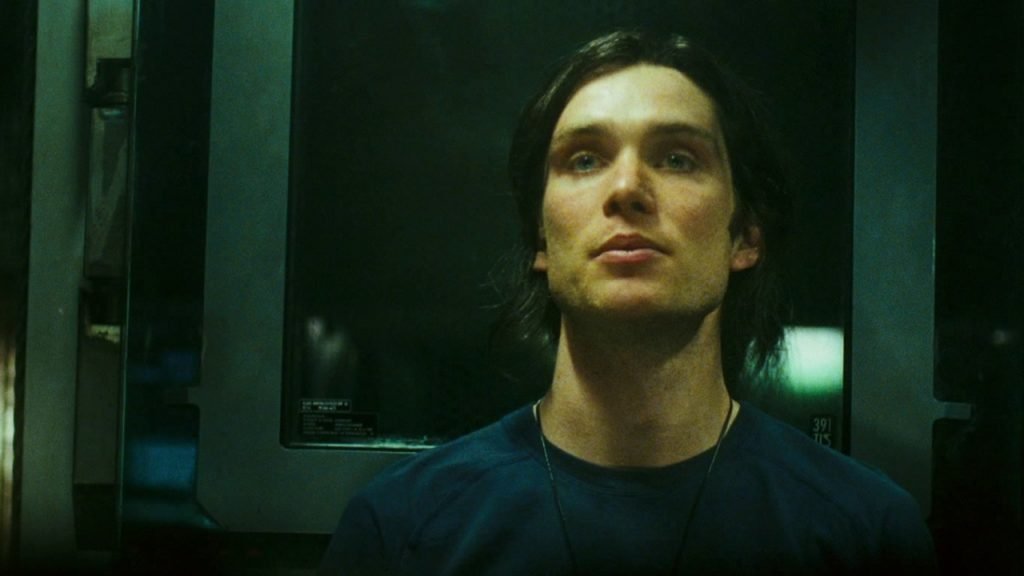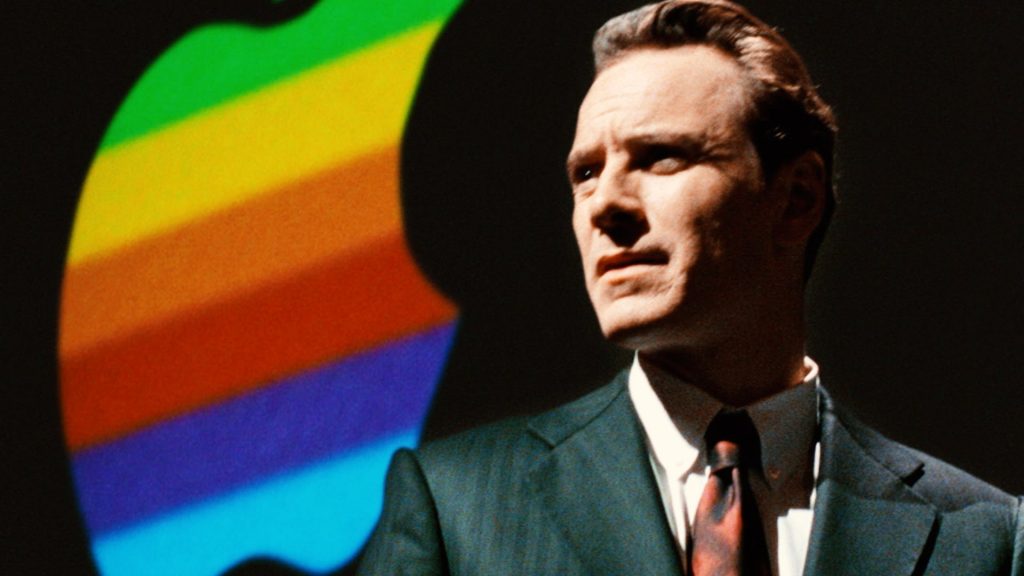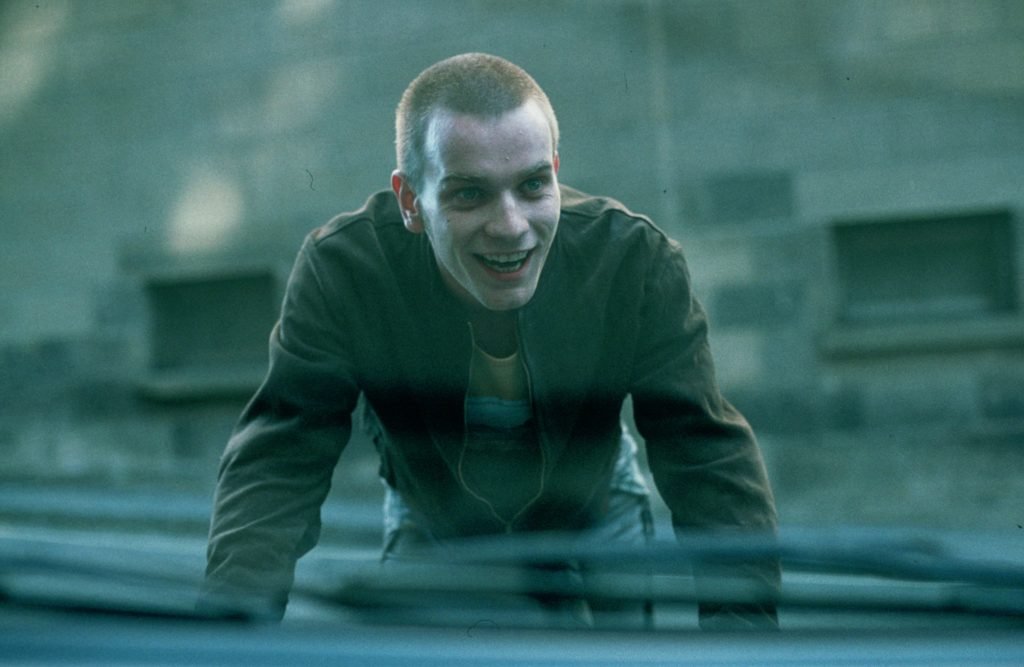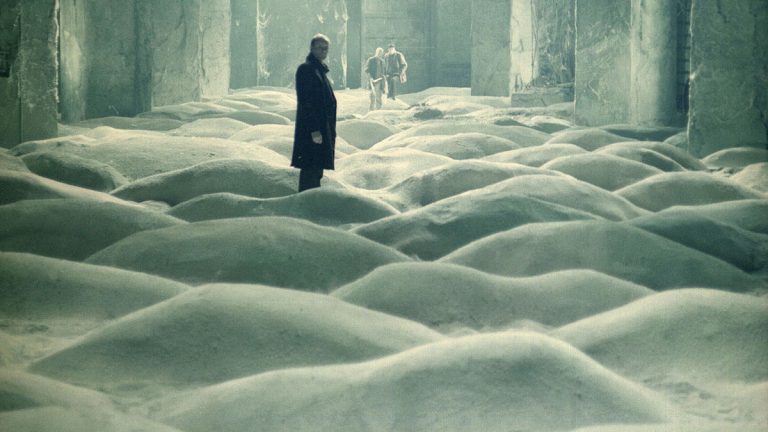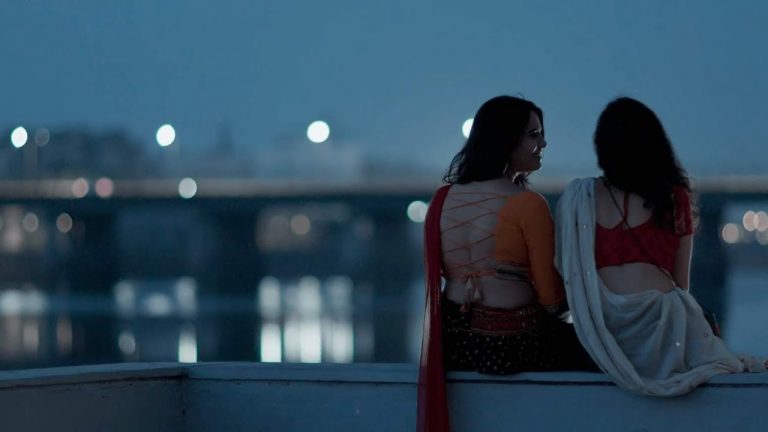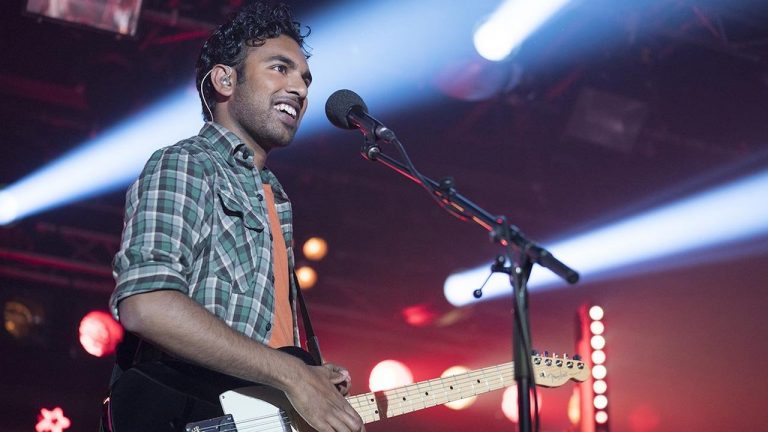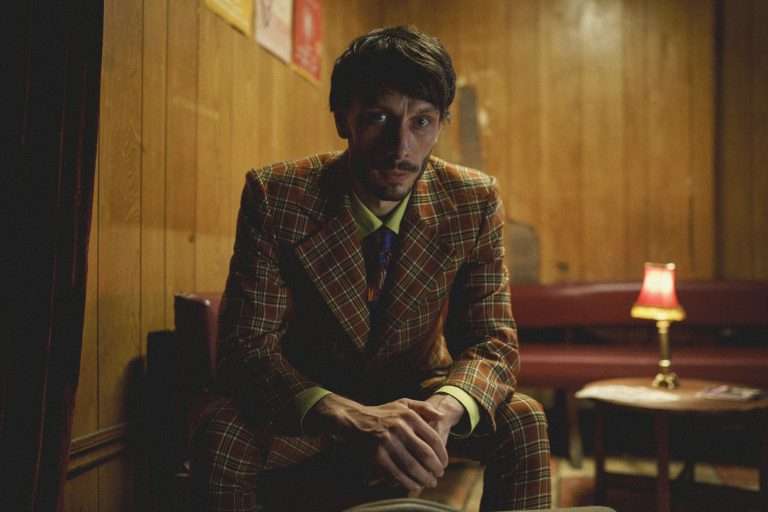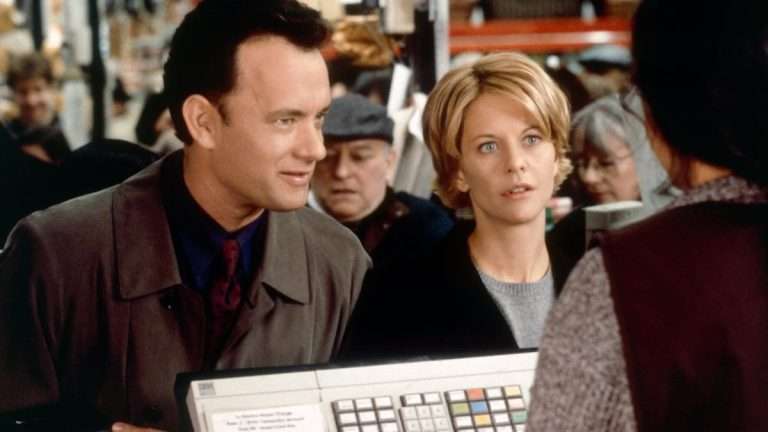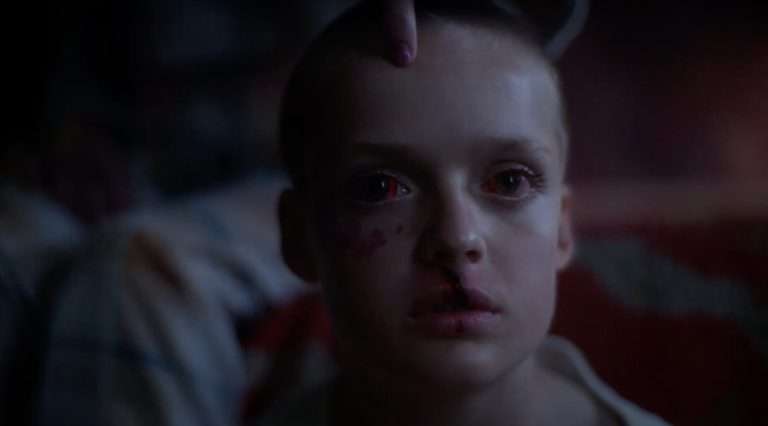Danny Boyle is among the most fascinating directors to emerge from the rise of independent cinema in the 1990s, as he’s never been an artist content to do the same thing twice. While some of his contemporaries have been accused of simply being derivative of what made them acclaimed in the first place, Boyle has seamlessly floated between dramas, having made electrifying crime thrillers, high concept science fiction films, powerful human speculative dramas, fascinating biopics, and a few prestige television shows. Boyle is a strong humanist, as even at his most stylized, his films have a real interest in exploring the dimensionality of decisions and personal growth. He’s a filmmaker who has pushed the boundaries of the medium through his application of digital expressionism and hypnotic editing, but he’s also someone with a keen eye for casting, as he has identified some of the most influential actors of the generation through foresight.
Boyle’s influences are clearly British, as he is someone who has been able to examine the United Kingdom’s culture, politics, and economy in surprisingly confrontational ways; however, there is also an existentialist quality to his work that makes it universally accessible. Few filmmakers have still felt like underdogs at a late stage in their career, as despite having many accolades on his resume, Boyle still feels like a rebel interested in taking viewers out of their comfort zone. Even his misfires are interesting, as Boyle’s decision-making process is always well considered, and the bold risks he makes are admirable. Here are all fourteen Danny Boyle films, ranked worst to best.
14. A Life Less Ordinary (1997)
“A Life Less Ordinary” is a baffling film that can’t be pinned down to just one genre, as it is simultaneously a class-conscious satire, a compelling road trip adventure, a nuanced examination of ethics and mortality, and a classical romance story reminiscent of 1930s films like “Bringing Up Baby” and “It Happened One Night.” Although the film is held together by some flimsy logic and seemingly erratic character choices, “A Life Less Ordinary” is unexpected at every turn, which can be both frustrating and delighting. Boyle has always been able to identify the strengths of his actors, and the chemistry between Ewan McGregor and Cameron Diaz is what keeps “A Life Less Ordinary” out of being a complete farce.
Although there is something identifiable and relatable about both characters, the performances are exaggerated just the right amount to be interesting. Boyle’s willingness to make his characters flawed may have gone too far in some instances, but it is impressive that he is able to take such a self-aware stab at a familiar genre. “A Life Less Ordinary” goes on a little too long for its own good, and its attempts to examine religion and morality are less well-defined than what he would go on to do in “Millions” and “Slumdog Millionaire.” Nonetheless, the directorial choices in “A Life Less Ordinary” could never have been replicated by another filmmaker, which in of itself is a reason to give the film another shot.
13. The Beach (2000)
The earliest memories of watching ‘The Beach’ are a tense and wonderous Leonardo DiCaprio and an in-control Tilda Swinton. The former certainly had a tough time convincing us of a coming-of-age tangent that Boyle goes for. Instead, he establishes himself as crass and reckless, taking away the essence of the story. For that reason, it becomes peculiar for a viewer of a certain age. Beyond or below that phase in your life, you can’t, really, relate to Richard’s story and what he seeks in a mystical place. One thing that Boyle could be blamed for here is mollycoddling his protagonist. So much so that by the end, he becomes an antagonist in many ways. While the story’s structure is simple, The Beach lacks that enticing quality that attaches you to a film. Boyle is a master at creating that network effect with his works but falters here.
The Beach has a great soundtrack that fits in perfectly with the place’s vibes. To make it more endearing, Boyle uses the tunes to make his setting more atmospheric. The moments cherry-picked to resonate are very clever. There are some “out there” decisions too. Like the one where Richard imagines himself running in a video-game-like virtual world. But the problem is that it seems out of place and testifies to the case of misplaced priorities recurring in the film.
12. Trance (2013)
“Trance” is perhaps Boyle’s most narratively complex film, as even those well-versed in the plot mechanics of Christopher Nolan or David Fincher works may have to rewind the tape a few times to navigate the density of its narrative. What begins as a straightforward heist film morphs into an existentialist study on memory and self-consciousness, asking whether human nature can be altered by perception, or if people are doomed to fall into the same cycles. Despite the nuances within its thematic subtext, “Trance” returns Boyle to the kinetic, relentless style of his independent films in the 1990s, as there is little room to breathe as the tension continues to peak.
At the core of “Trance” is a terrific performance by James McAvoy, whose willingness to fluctuate between a frustrated audience avatar and an unpredictable force of nature distinguishes him as one of the finest actors of his generation. Also phenomenal is Rosario Dawson, whose portrayal of a femme fatale gets far more knotty and nuanced than what may have initially been expected. “Trance” gets a little too proud of itself at some points, as Boyle can’t help but call attention to any particularly clever plot revelations, and seems to enjoy repeating any drastic changes in the narrative structure in order to maximize its potential impact. Nonetheless, “Trance” is fascinating because of how removed it is from any standard definitions; it is either one of the most idiosyncratic, experimental mainstream thrillers ever made, or a surprisingly accessible avante garde art film.
11. Millions (2004)
‘Millions’ is one of Boyle’s best works that features a mature lead performance by Alex Etel. The most endearing aspect of how the story speaks to you is the true-to-life depiction of grief and the working-class lifestyle that is so close to Boyle’s roots. He digs deep to carve out a compelling and sweet portrait not too far away from Ken Loach’s Kes. It is the small details of how Damian presents himself to the viewer – his acts of kindness and compassion – that Boyle chooses to highlight. ‘Millions’ does not have a twisty, taut tone like many other entrants on the list. Its straightforwardness perhaps coddles it to a fault even. Boyle warms you up to his narrative in the most open-hearted ways possible. There is no facade or deceit in how Damian becomes a vessel, almost for Boyle’s message to the world: live and let live.
Damian’s outlandish dreams and the use of effects to materialize some of them are a bit jarring to watch. Usually, that would indeed create an obstacle to raving the efforts objectively. But all that is forgiven when you witness the purity of heart and a makeover of a child into an adult making decisions that much older than him would hesitate to make.
Related to this Danny Boyle Movie: 15 Best Films About The Working Class
10. T2: Trainspotting (2017)
“T2: Trainspotting” is perhaps the most audacious film of Boyle’s career, as it risked undercutting the success of what has remained the most widely accepted classic of his entire filmography. Audiences may have grown tired of the “legacy sequel” format of soft reboots like “Jurassic World,” “Independence Day: Resurgence,” “Terminator: Genisys,” or the most recent “Halloween” trilogy, but curiously enough, “T2: Trainspotting” is a direct rebuke to the notion of nostalgia. Although Renton (Ewan McGregor) initially believes that returning to the past will offer him the opportunity to make amends and reconnect with his youthful energy, he is forced to acknowledge that his youth was hindered by trauma that he couldn’t full comprehend at the time, and that there’s nothing sadder than looking back and thinking “remember when?”
If the original “Trainspotting” spoke to the anti-establishment sentiments of disenfranchised youths who had grown irritated by the status quo, “T2: Trainspotting” is the study of middle-aged men who have grown to recognize that life has passed them by, and that they too often mistook cynicism for wisdom. Although its uneven at times, particularly within the resurgence of Begbie (Robert Carlyle) and his criminal ways, but “T2: Trainspotting” is also able to get under its viewers skins by pointing out the seedy underbelly of civil society; in a fascinating reboot of the infamous “choose life” speech, Renton speaks to modern ills that include rape culture, economic disparity, GamerGate, conspiracy theories, rampant capitalism, and the perspectives that shaped Brexit. It’s imperfect, but fascinating.
9. Yesterday (2019)
For true Beatles fans, any movie featuring their songs and even remotely mentioning them is watchable. Cross my heart at that statement. The iconic British band had an unmatchable aura and an impact that has lasted decades. They are arguably one of the most recognizable music groups in pop culture. Many of those tunes are blared out in this interesting-looking yet flawed Danny Boyle film. The unthinkable happens when just one man in the world – as he thinks initially – remembers that the band ever existed. Everyone else’s memory is wiped so much that they don’t recognize the tunes when they hear them. It is a spotless slate, and Jack Malik makes it his mission to bring back to life Beatlemania in full flow. Boyle relies on the musical talents of Himesh Patel to inspire moments of sheer genius. The premise of his idea is not bad and both Lilly James and Patel share sparkling chemistry, something every romance needs.
In most of his brilliant works, Boyle has always found managing storytelling easy. But the lack of Boyle’s signature blend of macabre and narration pegs it a little behind. Yesterday is not cohesive and lacks directional flow. The progression happens in calculated, cascading phases that really feel like a substantial buildup. Yesterday perhaps, wasn’t made to fit those boxes. It has more of the structure of a homage to the real-life music band and everything that came with them to us. Either way, it is an enjoyable movie that won’t disappoint you but will not make your jaw drop.
8. Slumdog Millionaire (2008)
It is often that the film that a director wins their Academy Award for is the embodiment of their work effort, but that wasn’t necessarily the case with Boyle. After his shift into science fiction failed to make any significant waves, Boyle opted to tell this inspirational story about class dynamics in India, using a simple, yet effective dual nature to explore the scope of a man’s entire life. In some ways, “Slumdog Millionaire” celebrates the youthful exuberance, cultural diffusion, and scope of human nature in a manner that is in line with his extraordinary run in the ‘90s. However, it’s also his most openly optimistic film, which is both a benefit and hindrance to its lasting impact.
“Slumdog Millionaire” works overtime to humanize its characters, as even the most dastardly villains are motivated by identifiable reasoning. Although the film has received blowback for its depiction of poverty, Boyle is keen to note that there is a universality in the notion of a character rising from misfortune and achieving their dreams. Nonetheless, “Slumdog Millionaire” does at times feel a bit too calculated to register on a deeper level, as it lacks the shock and awe of his earlier work. The familiarity of the narrative arc also makes it more challenging for Boyle to ever catch the viewer off guard, even if he does have some strong stylistic flourishes. There are certainly worse Best Picture winners, but it is a bit odd to know that “Slumdog Millionaire” was named the best film of the year that also included “In Bruges,” “The Wrestler,” “The Dark Knight,” and “Doubt.”
7. Shallow Grave (1994)
Although a filmmaker’s directorial debut is often a “test feature” that is used to preview what they might be able to accomplish when given more time, money, and resources, but “Shallow Grave” is a fully formed thesis statement that showed the creativity that Boyle was capable of. On one hand, it’s a classical thriller reminiscent of the work of Alfred Hitchcock, as the undeniable brilliance of the premise is enough to generate conversations about ethics, practicality, and consequences. Simultaneously, “Shallow Grave” is an astute study of working class youth culture, and seems to understand the unique burden that this generation is under to compromise either their morality or their comfort. Navigating between instances of black comedy and surprisingly moving emotional outbursts, “Shallow Grave” lets the characters define its story, as it does not feel any obligation to fit within the parameters of a genre.
As with any truly great era-defining film, “Shallow Grave” doesn’t feel dated, as it rather serves as a time capsule of the unique social, economic, and moral pressures relevant to European teenagers in the early 1990s. “Shallow Grave” tends to get forgotten within Boyle’s filmography, as so much of its brilliance would help define the aspects of his style that would grow more mature and developed over time. However, “Shallow Grave” is beautiful in its messy, exploitative dangerousness, as it has the ferocity that may have only been possible if a filmmaker was in a position where they knew that they had one shot to prove themselves.
6. 28 Days Later (2002)
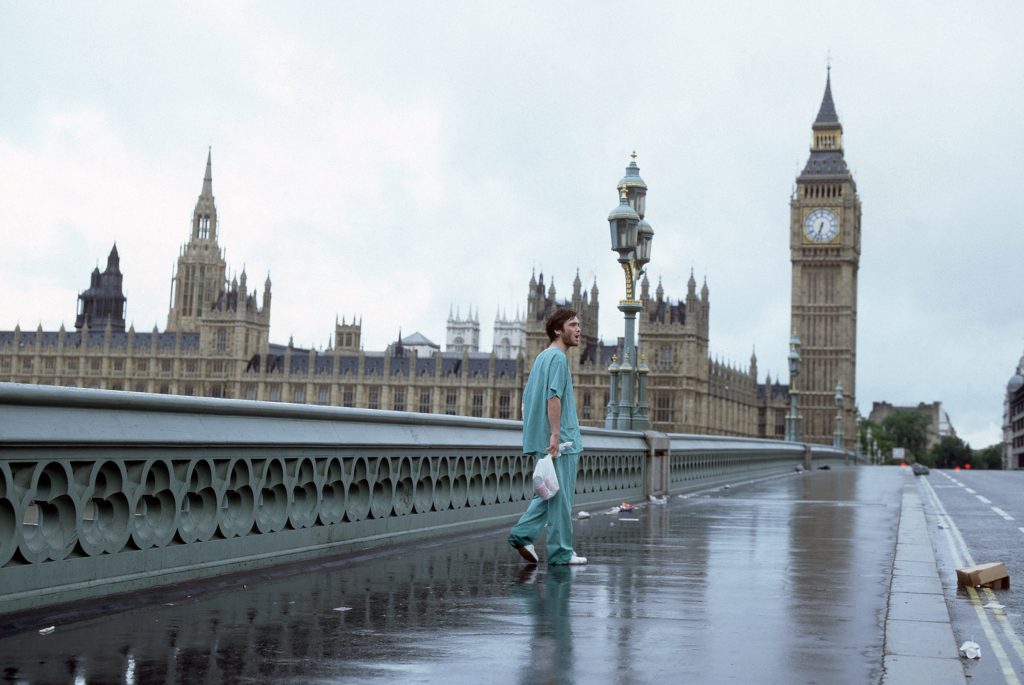
George Romero’s zombie films had shaped a broad definition of what undead cinema looked like for generations, making it nearly impossible for a new entry in the subgenre to emerge with something new to say. Boyle proceeded to eviscerate those expectations with “28 Days Later,” in which the concept of the slow, grating tension of morose creatures was dropped in favor of a high-octane intensity and digital voyeurism. Thanks to the use of groundbreaking digital cameras, Boyle was able to proceed like a “fly on the wall” to capture uncomfortably intimate moments of survival that looked at primal fears about survivalism.
The speed which his zombies moved did not make his presentation of an opaque, empty London any less terrifying, as the abandoned streets and brutalized living communities created eerier parallels to the COVID-19 crisis nearly two decades later. “28 Days Later” creates a tangible world with a compelling mythology, but it is also populated by excellent characters, as the expression and intensity that Cillian Murphy and Naomi Harris bring to the material allow it to click on an emotional level. The brilliance of the final act, in which Christopher Eccleston’s military leader is exposed as the true villain, is a stunning commentary on human nature packed into a genre film that had already taken extreme risks. Few horror films of the 21st century have been more influential, and even less have been as scary.
Related to This Danny Boyle Movie: 10 Best Cillian Murphy Movie Performances
5. 127 Hours (2010)
127 Hours can also be called the OG survival thriller film in potent Gen Z lingo. The film is most of the viewers’ earliest memory of seeing a single-character film where the protagonist has a compelling race against time. We see him battle on his own against nature’s indifference. The thin line between life and death is Ralston’s determination and strength of character to endure. James Franco truly announced himself to the world with his central performance. 127 Hours is inspired by the real-life tale of Aaron Ralston, whose hand was caught between a rock and a wall in the depths of the grand canyon. He had to amputate the hand to get out alive. The chief task here for Boyle was to dramatize Ralston’s accounts with authenticity and a sense of realism. The whole exercise becomes fruitless if the viewers do not buy the struggle and stakes of losing.
Some sound technical work in creating the sets and soundscape ensure you feel the claustrophobia Ralston felt being stuck. Feelings like isolation, the dread of never returning, and hallucinations strongly underline the survival story. It is one of Danny Boyle’s most humane stories, triumphantly celebrating the real-life hero who never backed down.
4. 28 Years Later (2025)
“28 Years Later” is an extraordinary continuation of the most radical zombie franchise of all-time that both deepens the visceral experimentation of the original film and speaks to the ills of modern Britain. Within a secluded society with eerie parallels to Brexit, Boyle constructs the tender coming-of-age story of the young boy Spike (Alfie Williams), who is forced to cope with the fact that his mother (Jodie Comer) is dying, and that his father (Aaron Taylor-Johnson) is not the altruistic person he had once believed.
“28 Years Later” questions whether survival is itself a strategy, as over the course of safeguarding their civilizations, people have forgotten what it truly means to embrace the natural process of life. It’s a profound, often sad examination of the dehumanizing process of militarization and fragmentation, yet intertwined with a surprisingly hopeful message about the ability to show empathy. “28 Years Later” pushes the boundaries of digital filmmaking forward with a forceful expansion of scope and perspective that allows each moment of violence feel more immersive; there is nothing easy about any process in “28 Years Later,” as Boyle shows the undeniable impact that every transgression leaves on the world. The masterful screenplay by Alex Garland hints at the fragmentation of both society and culture, resulting in an ending that is terrifying, audacious, and deeply provocative for British viewers, even if some American audiences may have left the theater baffled. It’s among the boldest studio films in years.
3. Sunshine (2007)
Any director’s task increases manifold when he sets out to make films with actors from different cultures and languages. Tying up the story while ensuring you have functional and exciting characters for the viewer is a momentous challenge. Boyle faced something similar in managing the humungous diverse cast in Sunshine. It has loads of ambition when it comes to production, scale, and complex concepts. The scale and style are right up there with the Nolans and Spielbergs. Alex Garland, now considered a refined modern genre auteur, wrote the script. The film had all the essentials to make a blockbuster impact on the box office, only to be stuck as a story of two halves. Or the more appropriate would be a story of two acts and then the third, which spoiled all the good work.
While Boyle and Garland show the stoutness to experiment with the recreation of a metaphysical language for Sunshine, like Tarkovsky did with his Solaris, the commercial touch propelled by the studio pushes it back. In the tussle, Sunshine becomes an incomplete project that remains on the cusp of greatness. The last nudge it needed never came but it is still one of Boyle’s most memorable efforts in overseeing such an enormous project.
2. Steve Jobs (2015)
Steve Jobs is one of the most intricate and moving portraits of the titular real-life genius. Jobs has been a controversial figure. His representation in mass media has been known for its notoriety and for offering us a man whose drive and ambition perhaps outdid his humanity. Still, Danny Boyle’s Steve Jobs bucks the trend and inspires a winning combination of both. Jobs’ mad genius is shown in full swing as the most significant launch of his life nears. It combusts well with exploring his personal mess and hot-cold relationship with his family. Michael Fassbender and Kate Winslet play aspirational parts with the perfect tone and tenor.
The writer-director places you right in the line of fire, exploring and probing the common ground that Jobs and his team had to find to make things work after a lifetime of struggle. Mr. Sorkin’s remarkable ability to communicate his studious understanding of Job’s creative process differentiates this from the 2013 version. Michael Fassbender fits in rather well in the movie’s scheme and temperament. His typification is, in equal parts, of a morbid man who is difficult to work with, as an incredible marketing strategist with unparalleled skills to emulsify a product as an appendage.
1. Trainspotting (1996)
Despite the tremendous risks, box office successes, and fascinating discourse that has defined Boyle’s career, there was never any question as to what his best film was. “Trainspotting” isn’t just one of the greatest counter-culture films of all-time, but a piece of erratic filmmaking in which Boyle seemed to create a new cinematic language. By merging an electrifying soundtrack, immersive scenes of drug use, shockingly dark imagery, and a caustic study of the generational divide, “Trainspotting” evoked a time and place so strongly that Boyle was able to literalize feelings that may have never been actualized before. “Trainspotting” is a tragedy, a thriller, a comedy, and a coming-of-age film all at once, as while there are truisms to take away from its breathtaking finale, there’s also an ambiguity to what Renton’s story truly meant, or what takeaways could be assumed.
Although it’s been quoted to death and referenced constantly within the next generation of British cinema, “Trainspotting” still feels ahead of its time, as Boyle was willing to approach taboo subjects with no fear of backlash. Every scene confronts a truth about the characters, culture, or society at large, but it’s also a cinematic roller coaster ride in which Boyle will do anything and everything to be as interesting as possible. Although it has reached a place of transcendence that goes beyond Boyle’s individual legacy, the continued relevance of “Trainspotting” is a credit to his cinematic foresight.

